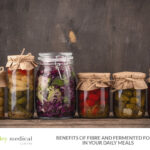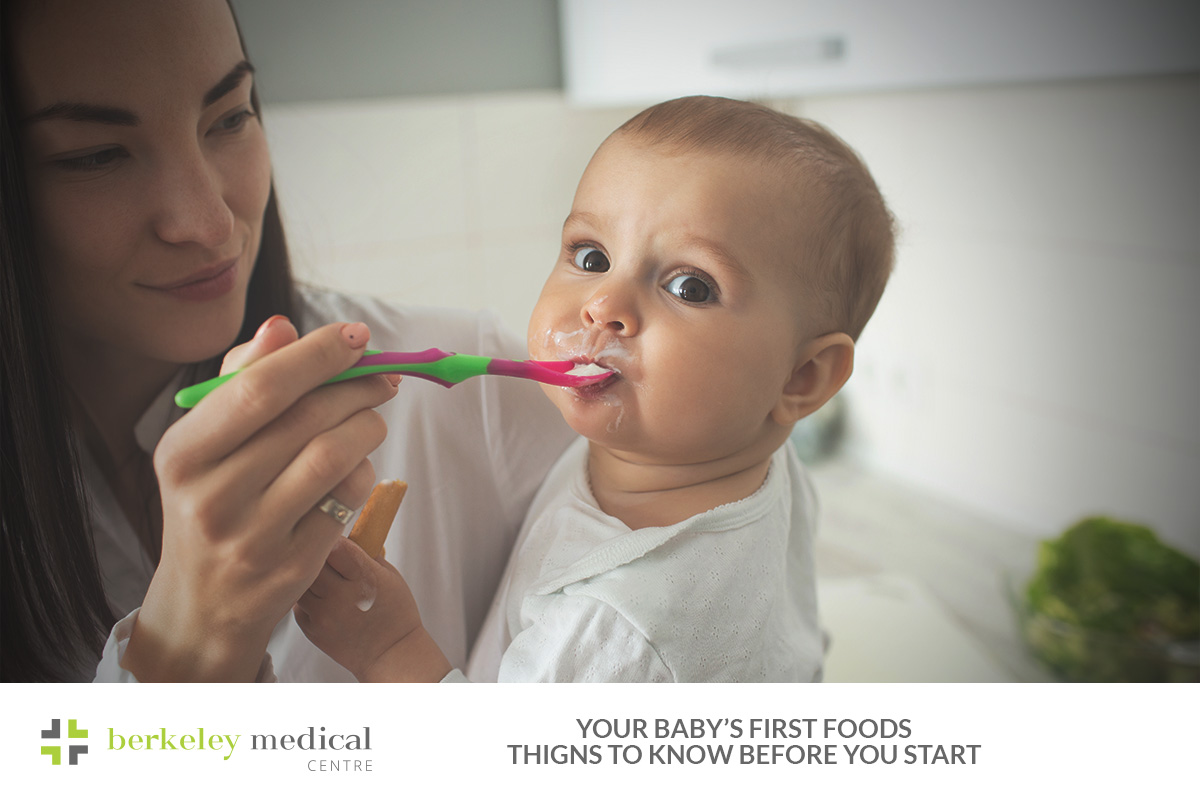Introducing your baby to solid foods is a major milestone that supports healthy development, builds motor skills and establishes lifelong eating habits. If you are wondering when to start solids, what foods to introduce first and how to do it safely you are not alone. These are some of the most common questions Australian parents ask during their baby’s first year.
In this guide, you will learn when and how to start solids, which foods are ideal for your baby’s first bites, what to avoid and how to create healthy feeding routines from the very beginning.
When Should Babies Start Solids in Australia?
According to the Australian infant feeding guidelines, most babies are ready to start eating solid foods at around 6 months of age. This is when their iron stores begin to decline and their nutritional needs increase.
However, not all babies are ready at the exact same time. Rather than focusing only on age, look for key developmental signs of readiness:
- Sitting upright with minimal support
- Holding their head steady
- Showing interest in food (e.g. reaching for it, watching you eat)
- Opening their mouth when food is offered
- Losing the tongue-thrust reflex (no longer pushing food out)
You should continue breastfeeding or formula feeding during this stage, as milk remains your baby’s main source of nutrition until 12 months.
What Are the Best First Foods for Babies?
When introducing solids, start with iron-rich foods, as iron is critical for brain development, growth and immune support. Offer smooth purees or mashed textures that are easy to swallow.
Top first solid foods for babies include:
- Iron-fortified infant rice cereal mixed with breastmilk or formula
- Pureed red meat (beef, lamb), chicken or fish
- Cooked and mashed legumes like lentils, chickpeas or black beans
- Steamed and pureed vegetables (pumpkin, sweet potato, carrot, zucchini)
- Soft fruits like mashed banana, avocado or stewed pear
Introduce one new food at a time and wait 2–3 days before trying another. This approach helps you detect any food allergies or sensitivities early.
When to Introduce Allergens
Current Australian advice supports the early introduction of common food allergens, ideally before 12 months of age, to help reduce the risk of allergies. Offer these foods in small amounts, one at a time and only when your baby is well.
Common food allergens to introduce:
- Well-cooked egg (e.g. mashed boiled egg)
- Smooth peanut butter (not whole peanuts)
- Cow’s milk (in cooking, not as a drink)
- Wheat (e.g. toast fingers, wheat cereal)
- Fish, soy, sesame, shellfish and tree nuts (in age-appropriate forms)
If your baby has a family history of food allergies or severe eczema, speak to your GP or child health nurse before introducing allergens.
How to Progress Textures and Feeding Stages
As your baby gains experience with solids, gradually introduce more variety and texture. This supports oral development, reduces picky eating later and builds feeding skills.
Feeding timeline for babies:
6–7 months – Smooth purees and soft mashed foods
7–9 months – Thicker mashed foods, finely chopped ingredients
9–12 months – Soft lumps, chopped family meals, finger foods
By 12 months, most babies can eat a wide variety of family foods in appropriate textures.
Baby-friendly finger foods:
- Steamed vegetable sticks (carrot, broccoli, zucchini)
- Toast fingers with avocado, peanut butter or hummus
- Soft fruits (banana slices, ripe pear)
- Cooked pasta, rice or couscous
- Mini meatballs or shredded chicken
Encourage your baby to self-feed, even if it is messy. This builds confidence and fine motor skills.
Which Foods Should You Avoid?
While variety is encouraged, some foods are unsafe or inappropriate for babies under 12 months.
Avoid giving babies:
- Honey – due to the risk of infant botulism
- Whole nuts and raw carrots or apples – these are choking hazards
- Unpasteurised dairy or soft cheeses – may contain harmful bacteria
- Cow’s milk as a drink – not suitable until after 12 months
- Foods with added salt or sugar – including processed snacks and fruit juices
Always supervise your baby during meals and make sure they are seated upright in a high chair. Avoid feeding your baby while lying down or in a moving vehicle.
Creating Healthy Feeding Habits
Feeding is about more than nutrients it is also about routine, confidence and creating a positive relationship with food.
Here’s how you can build healthy feeding habits from the start:
- Eat together as a family when possible babies learn by watching you
- Avoid distractions like TV, phones or toys during meals
- Let your baby explore food it is okay to touch, smell and make a mess
- Do not force or pressure your baby to eat trust their hunger cues
- Offer new foods multiple times babies often need repeated exposure
Keep mealtimes calm, consistent and responsive. Your baby’s feeding experience should feel safe, predictable and enjoyable.
When to Get Professional Advice
It is normal for babies to go through ups and downs with feeding. However, some signs may indicate that your baby needs additional support.
Speak to your GP, maternal child health nurse or paediatric dietician if:
- Your baby refuses all solids after several attempts
- They gag frequently or struggle to swallow
- They are not gaining weight or growing as expected
- You suspect a food allergy or intolerance
- Your baby is not progressing to textured or self-fed foods by 9–10 months
Seeking early support ensures your baby meets their developmental and nutritional milestones on time.
Final Thoughts
Introducing your baby’s first foods is an exciting and important journey. With the right timing, safe food choices and a calm feeding environment, you can give your baby a strong start in building a healthy relationship with food.
Every baby learns at their own pace so be patient, stay flexible and celebrate the small wins. Whether it is one spoonful or one bite of a new texture, each experience brings your baby closer to confident, independent eating. If you are unsure at any stage, healthcare provider like Berkeley Medical Centre can guide you through every step of the feeding process.







